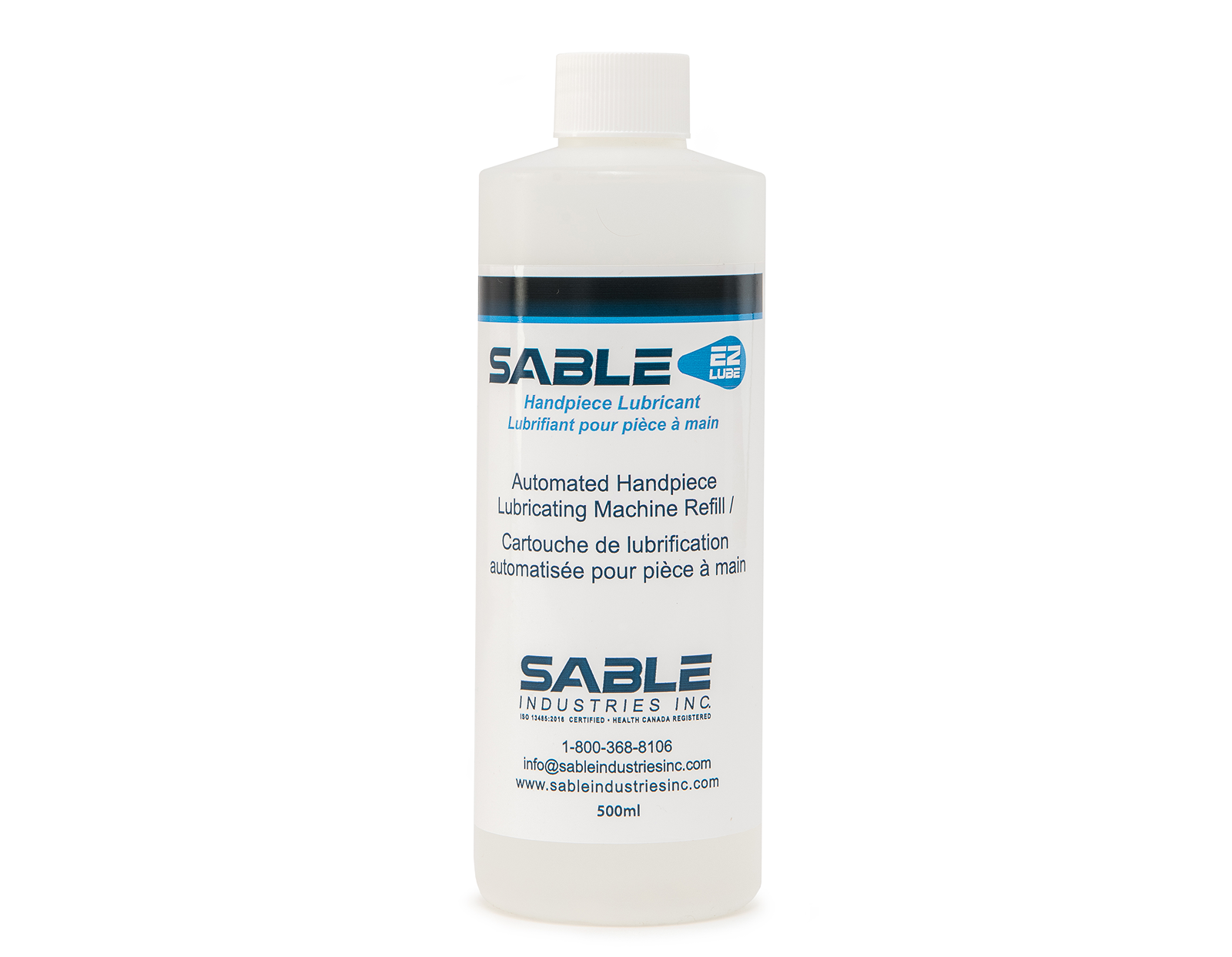Everyone has a bad day at work from time to time. But if you find yourself feeling physically, mentally and emotionally drained on a regular basis, you may be on the road to chairside burnout.
It’s not hard to see why dentistry has one of the highest burnout rates of any profession. While rewarding, the work of a dental hygienist can also be enormously stressful. Hygienists often deal with long hours, tight schedules, and fussy patients in a fast-paced, high-pressure environment. One study found one in eight dental hygienists leaves work feeling emotionally exhausted by the demands of the job.
Follow these steps to prevent stress from leading to full-blown chairside burnout.
1) Know the Signs
Stress is hard to miss, but it’s not always as easy to see a burnout coming. The daily marathon of cleanings and consultations leaves little time to stop and think about yourself. Recognizing the signs of burnout is the first step to preventing it.
Burnout is marked by feelings of hopelessness, cynicism, and resentfulness. Once stress takes its toll, a normally-cheerful hygienist may start to become impatient and critical. The job may feel less rewarding or purposeful than it did in the beginning. Enthusiasm is replaced by a lack of energy, leading to less productivity. Some people suffer unexplained headaches or other physical complaints.
If you can relate to these signs, take time to gather your thoughts and reflect on your career as a dental hygienist. Try to understand where your negative feelings are coming from. Is it the physical demands of the work? Frustrating office politics? Lack of work-life balance? Like a bad toothache, you can only treat the problem once you’ve found the source of the pain.
2) Take Care of Yourself
Self-care is important in any career, but especially so for dental hygienists. You must make time in your busy day to do things that help you replenish your emotional energy, like walking the dog, taking a long shower, gardening, or listening to your favourite album. Use this time to focus on the present moment and practice positive thinking.
Since being a hygienist is physically demanding, it’s also important to take care of your body. Cardio is proven to help reduce burnout, and light exercise can help reduce the muscle and joint strain. If you’re feeling the burn, ask your doctor about physical therapy or other treatment for work-related injury.
3) Maintain a Work-Life Balance
Your work as a hygienist is important, but it doesn’t have to define who you are. Don’t fall into the trap of making life all about your job. If you’re constantly thinking about being chairside, even on your days off, you’ll only accelerate the burnout effect on your career.
Having things to look forward to outside of work is key to avoiding burnout. It can be something structured, like a college course or a sports league, or a casual hobby like photography. If you’re starting to feel burned out on the job, try something new in your off-time to instill new energy in your life.
4) Connect with Other Hygienists
It’s said that engagement is the antithesis of burnout, but when you’re having difficulty at work, it’s easy to forget why you pursued this career in the first place. People who experience chairside burnout often lose sight of the things they loved about being a dental hygienist.
One of the best ways to stay engaged in your work is to network with other dental hygienists. Your colleagues know the ups and downs of dentistry better than anyone. Sharing stories and advice will help you broaden your knowledge and keep in touch with your passion for dentistry. You can connect with others through online groups and forums, continuing professional development events, and your local hygienist association.


